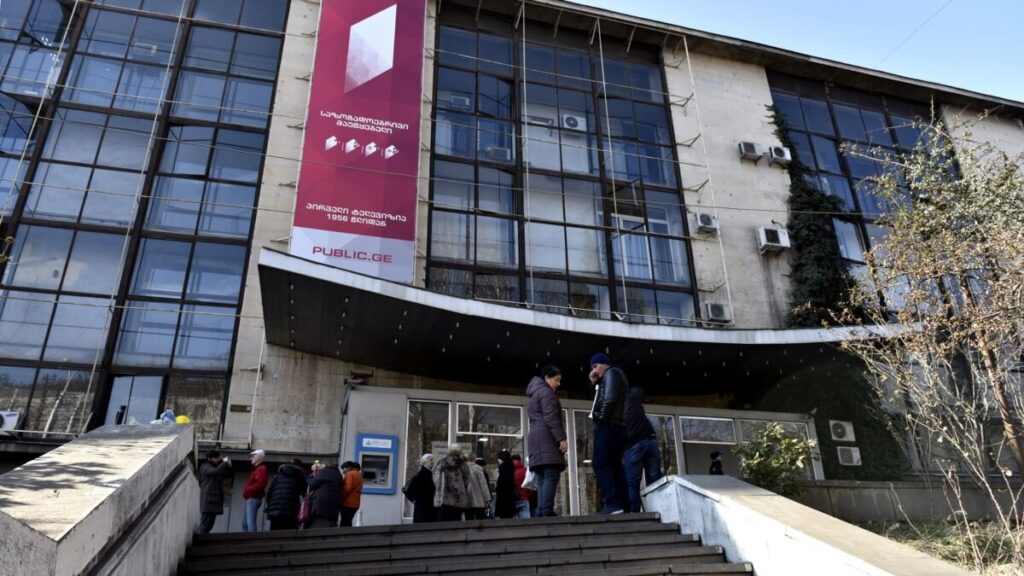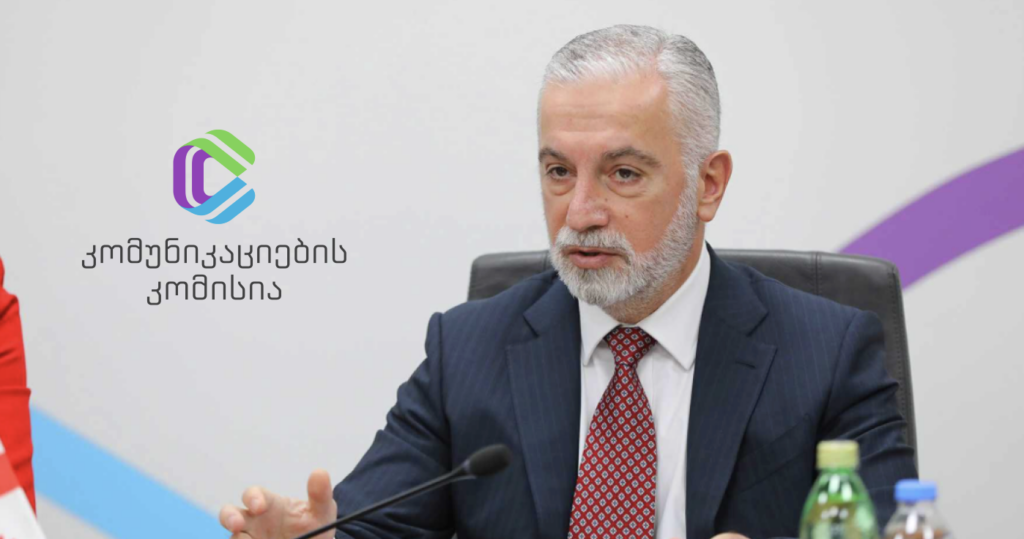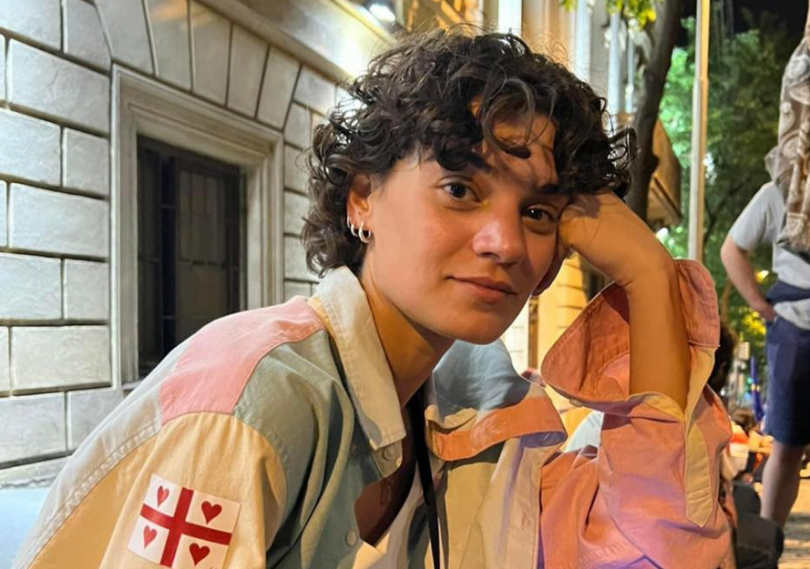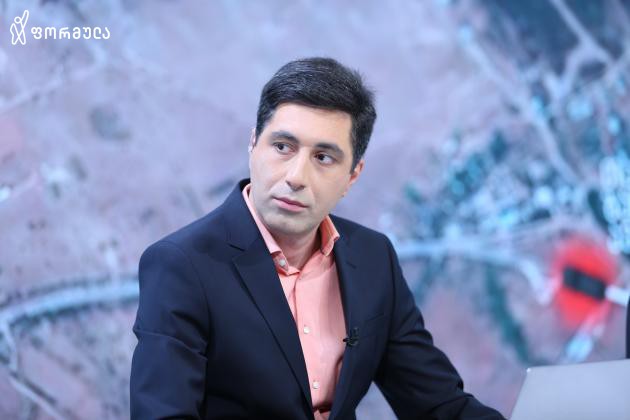Summary
Amendments to the Law of Georgia On Broadcasting were initiated in September 2022 and adopted in December 2022. The draft law was introduced as part of the fulfillment of the obligation to harmonize the national legislation in line with the European Union’s one, namely the Audiovisual Media Services Directive (AVMSD) as Georgia undertook the obligation of implementation of EU Law within the Framework of the Association Agreement. The amendments were passed in an expedited manner without proper consultation with the media and non-governmental organizations. Representatives of these groups have expressed their concern that by disregarding the legitimate concerns of the sector the new bill would undermine even further the already damaged reputation of the government in particular of the Georgian National Communications Commission (ComCom) as the law that introduced new terms and expanded the competences of the regulatory might be abused to restrict the rights of media and suppress critical expression.
While implementing the EU legislation the European Union does not dictate to the countries how to implement the directive as the main goal of the harmonization is that the countries reach the defined goal in an effective way. Instead of increasing the cooperation with the media and civil society organizations by increasing the existing self-regulatory mechanism in the country, the “Georgian Dream”, the ruling party chose to further extend the competencies of ComCom which could be abused to further suppress free expression.
Context
The draft law, which was registered in the Parliament of Georgia on September 7, 2022, by MPs from the ruling “Georgian Dream” Party became publicly available on September 13. The bill was passed in its first reading at a parliamentary session on September 19 without holding a proper public discussion. At the time, the bill’s authors cited the timely fulfillment of commitments to the European Union as the justification for the accelerated process and a lack of opportunity for debate. They noted that meetings with the broadcast media and the non-governmental sector would be scheduled before the second reading of the bill. Following the first reading of the bill, only one meeting was held in parliament, where the need for an additional session to discuss the text of the draft law in detail was identified. However, a second reading was scheduled unexpectedly for November 28 without any further sessions or consultations with relevant stakeholders. Again, Georgian Dream MPs cited the timely fulfillment of commitments to the European Union as justification for the lack of consultation or debate.
Considering concerns around the media environment in Georgia, several TV broadcasters and non-governmental organizations expressed criticism of some provisions in the bill, instead opting to offer an alternative version of the draft law. Opposition Member of the Parliament Tamar Kordzaia submitted the alternative version of the bill to the Georgian Parliament before the second reading, however, the ruling party has not even considered the proposed draft.
In parallel, the Council of Europe commissioned independent experts to assess the proposed amendments and whether are in line with the best European standards.
In the conclusion of the experts of the Council of Europe regarding the draft law, it was:
recommended that sufficient time be allocated to the legislative process related to the adoption of the Draft Law, so that the broadcasters’ proposals can be given due consideration and, if appropriate, be reflected in the Broadcasting Law. Given the concerns raised in this analysis, and the additional issues in the Draft Law and Broadcasting Law which have already been identified but which require further analysis, a prolonged timeline beyond 2022 is required for allowing the alignment of the Broadcasting Law with the European standards and the AVMSD.
The third reading of the draft law took place on December 19, even though the opinion of the experts of the Council of Europe on the draft law was slated to be available on December 20. Furthermore, Prior to the third reading, the European Union also notified the Georgian government that it would be postponing the deadline for fulfillment of its obligation until May 31, 2023, to allow for further review and changes to the Law of Georgia on Broadcasting.
Despite suggestions deriving from the Initial Expert Opinion of the Council of Europe, and concerns raised by broadcasters and CSOs, as well as an extension granted by the European Union, the Georgian Parliament adopted the law in its third reading in December 2022.
Concerns about the law
Civil society organizations and broadcasters have enumerated three primary concerns with the proposed changes to the law. These are:
1. Immediate enforcement of legal acts of the Communications Commission
Any decision ruled by ComCom will not be suspended on an appeal unless the judiciary will not decide otherwise. Although the proposed amendment is in line with the wording of the Audio Visual Media Service Directive it should be interpreted by taking into consideration the local context and the opinion provided by the Venice Commission/DG Human Rights and Rule of Law Opinion No. 1008 / 2020 of 22 March 2021 on Electronic Communication Law of Georgia. The Venice Commission recommended having the suspension effect of the decision of ComCom concerning the appointment decisions by the regulatory. CSOs have noted that the in the past years the media regulatory has a demonstrated record of sanctioning media outlets that are critical of the ruling party. Thus, the principle of immediate enforcement raises concerns about the potential damage that could be caused to critical media organizations if politically biased decisions are adopted against them.
2. Regulation of Hate Speech
The adopted amendments introduced the statutory regulation regarding the prohibition of hate speech, namely the amendments prohibit hate speech and incites to terrorism.
This change has been regarded as one controversial as the media and civil society organizations are concerned that the new provisions might be abused in a way that suppresses critical expression. Even though the new definition of hate speech largely reflects the provisions of AVMSD and lists the protected characteristics from the Charter of Fundamental Rights of the EU, the main concern remains the way how hate speech might be interpreted in practice.
The Media and Civil Society organizations proposed without success the measure to strengthen the co-regulation mechanism which could also be an effective mechanism in opposing hate speech.
3. Change in the procedure for the Right to Reply
According to the amendment, the right of rebuttal which was regulated within the self-regulation was replaced by the right to reply regulated by ComCom. The existing mechanisms were largely in line with the CoE standards. Instead of strengthening the self-regulation mechanism the government decided to extend the competencies of the regulatory authority.
According to the changes, An interested party whose legal interests (dignity and reputation, etc.) have been damaged by the assertion of incorrect facts in a broadcaster’s program, will have the right of reply, in particular: The interested party shall be entitled to demand that a broadcaster issue a correction or retraction of incorrect fact; Refusal of a broadcaster to correct or retract may be appealed to the GNCC or a court.
Like in the case of the regulation of hate speech, the amendment in question expends the competencies of ComCom by giving the authority the additional right to interfere in the contents of media outlets which creates a risk of limiting their freedom of expression.



